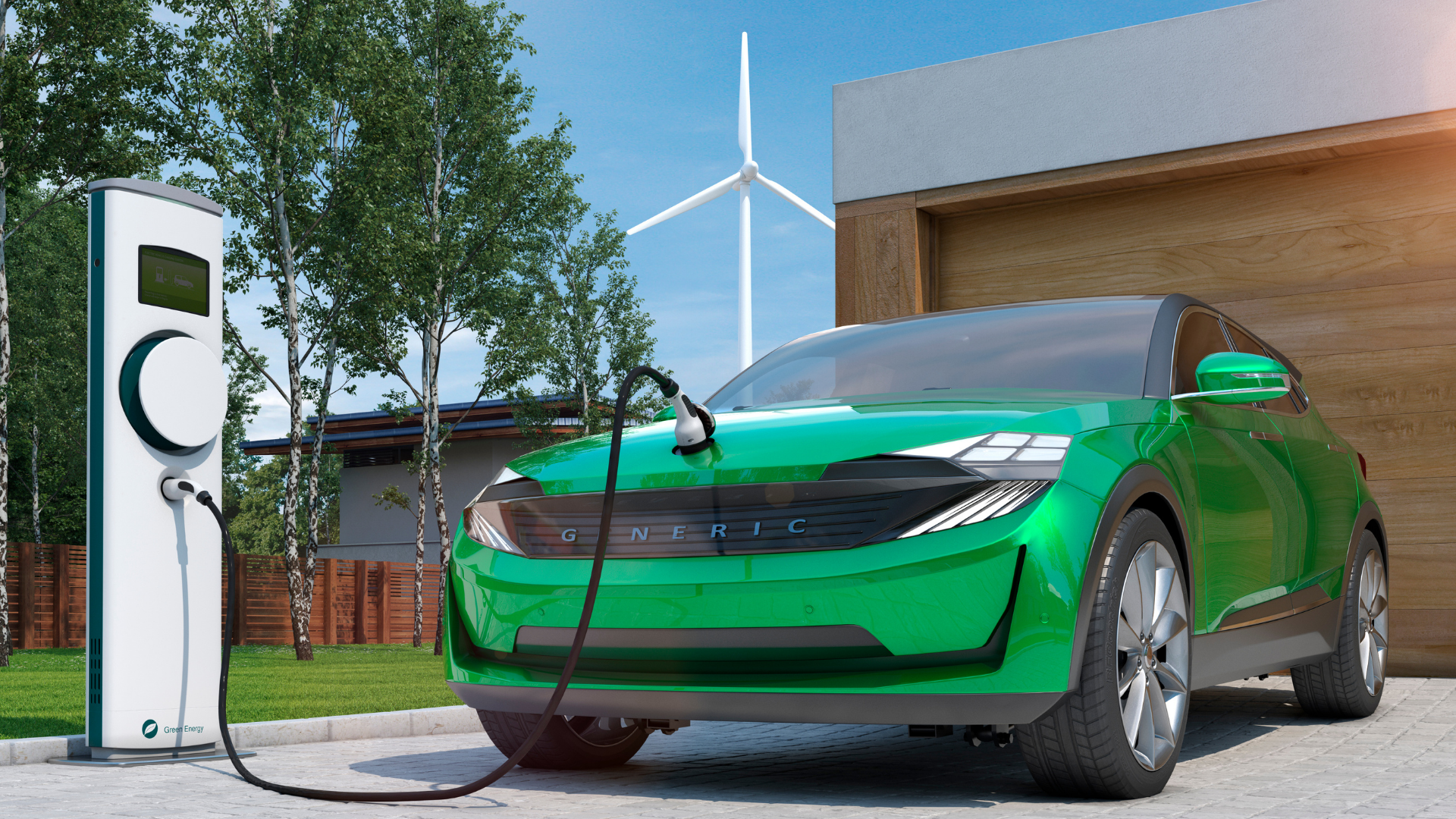With the world switching to electric cars, there is a serious need to understand how electric cars work and how they can be engineered to work better. With the rapid innovation in technology, many scientists are now contributing to electric cars and making them better, faster and more efficient. Electric cars have come a long way, and they are now a big part of the future.
Electric cars may be helping to solve natural resource issues, fight climate change, reduce pollution and help reduce dependence on foreign oil. Still, they are also having a major impact on science, with many scientists working to make the technology better.
Benefits of Electric Cars
The benefits of electric cars are the same as with any other technology; there is always a benefit and a drawback. The use of electric cars is they are much better for the environment. It is a much cleaner source of energy. With that being said, electric cars do come with a drawback.
As autonomy, electric cars help our society combat climate change and reduce pollution. However, there are many reasons electric cars are better than gas or diesel cars, and there is evidence to back up those claims.
Electric Cars Pros and Cons
Electric cars have been around for a while, but their (relatively) recent popularity has brought new attention to their potential benefits, as well as potential risks for the environment. Electric vehicles (EVs) provide an environmentally friendly alternative to internal combustion engines but are also safer, more efficient, and cheaper to buy, maintain and operate. The typical “Electric Car Pros” claim that they are quieter, more convenient, and more affordable to own and operate than gas-powered vehicles. You can save a lot of money, Electricity is renewable, less maintenance is required.
Electric cars are also undeniably better for the environment. Still, some of their benefits come at a cost to other factors, such as air and noise pollution, greenhouse gas emissions, and health impacts. However, the “Electric Car Cons” counter that EVs are not always the best. Charging can be a lengthy process; Electric cars can be pricey, finding a station can be tough, you can’t go as far or as long as gas cars.
Are Electric Cars Worth It?
Sure, the electric car might be a more fuel-efficient and pollution-free alternative to the gas-powered vehicle, but there are still some limitations to the all-electric cars that we have today. For example, the total power of the regenerative braking (which occurs during braking and coasting) is limited by the number of batteries on board. If their capacity is too low, the car will be unable to slow down as fast as necessary, lowering its fuel efficiency.
Could electric cars change the way we travel? Electric cars have the potential to revolutionize the way we travel. Their advanced technology and eco-friendly nature make them an appealing choice for many. However, one of the main concerns has been the availability of charging stations. The good news is that companies are actively working on commercial EV charging station installation in the UK as well as other countries. This effort to expand the charging network is likely to address the charging infrastructure issue and make electric cars a more practical and convenient option for everyday travel.
Public charging stations are playing a crucial role in enhancing the appeal of electric cars, offering users convenience and alleviating concerns about running out of charge. The strategic development of these stations involves a comprehensive assessment of the current power supply infrastructure to ensure its capacity to handle the increased load from multiple vehicle charging simultaneously. Establishing partnerships with local utility providers is crucial for evaluating grid capacity and strategically planning upgrades to meet the growing demand. In this regard, Independent Distribution Network Operators (IDNOs) play a vital role. These entities oversee and maintain local electricity distribution networks, contributing to the planning and execution of public EV charging infrastructure. Collaboration with an IDNO typically ensures the seamless integration of charging stations into the existing electrical grid, addressing technical considerations and optimizing the reliability and efficiency of EV charging services. Those interested can learn more about IDNO here.
Having said that, electric cars have been in the news lately, with several articles highlighting the rapid growth of electric cars around the world. The rise of electric cars has got a lot of people wondering how these cars will impact the world and what impact they will have on our environment. The short answer is that electric cars are helping to reduce our carbon footprint, but the full story is much more complex.
We all know that electric cars are the future. They are cleaner, more environmentally friendly, and more efficient than any car on the road today. But there is one thing that’s often forgotten: these cars are actually more efficient at producing power.
Today we look at how electric cars are helping scientists in a number of ways. First, electric cars are giving researchers a window into the way the body works during exercise. If you’re a frequent exerciser, you’ve probably noticed that your body tires and struggles during long, strenuous workouts. When this happens, the body burns lots of energy-energy that’s usually directed away from exercising muscles and into the bloodstream, where it’s used to keep you alive. Long-term exercise can also cause muscles to weaken since they don’t get a chance to repair and strengthen after a workout.
